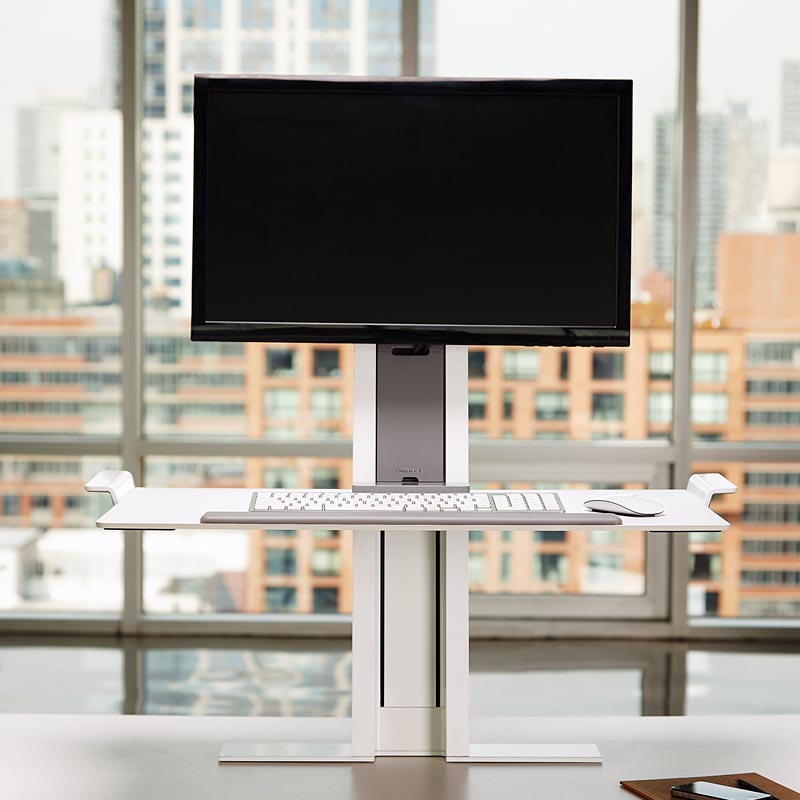Discover why you need to limit working overtime. Learn how working long hours can damage your health and why it's important to find balance in your career.
Since the dawn of corporate life, working overtime has been seen as a good trait. It supposedly shows that you’re committed, dedicated, and eager to work extra to achieve business, personal, and professional goals. If you’re working overtime frequently, you’ll most likely be rewarded via recognition, a pay raise, or a promotion.
While working long hours may seem to be a great mark in your career, your health is actually suffering. Too much work punishes your body with unnecessary stress. It pushes your system to its limits, damaging them in the long run. This stress and damage can cause serious health problems.
Let’s find out how working for too long can wreak havoc on your body and mind.
Signs that You’re Working Too Much
Here are some red flags that tell you you’re working for an excessive period.
Increased risk of work-related injury
Working too much for too long puts unnecessary physical strain on your body. For example, if you’re typing for more than 8 hours a day or if you’re sitting too long, your tendons, ligaments, and muscles will become strained. You’ll be prone to exhaustion, back and shoulder pain, and stress. Unabated, this can lead to carpal tunnel syndrome, repetitive stress injury, and more.
Solution: Take advantage of office ergonomics. These peripherals are designed with human physiology and psychology in mind. They’re made to aid and support your body so you’re working in a rested, natural, and healthy position.
An example would be the Kinesis Advantage360 Split Ergonomic Keyboard. Its contoured keys, palm rest, 3-way adjustable tenting, and other features ensure that you’re typing in a natural, neutral, and stress-free position.
Increased risk of heart disease and stroke
According to the World Health Organization, working more than 55 hours a week increases the likelihood of heart disease or stroke. The WHO documented 745,000 deaths from stroke and ischemic heart disease in 2016; these deaths were associated with long working hours. This is a 29 percent increase since 2000 all related to the stress of working for too long.
Solution: As much as possible, don’t do overtime. Remember that work will always be there, and you can always finish your task the next day.
More prone to hypertension and diabetes
According to a study by the National Library of Medicine, working more than 40 hours per week, or 8 hours a day, can increase your risk of suffering from high systolic blood pressure. By working too much and too long, your body releases the hormone cortisol, which makes your heart work harder than it should. This leads to increased blood pressure, coronary artery disease, and more.
Solution: Don’t work beyond standard work hours. See your doctor so he can prescribe the right treatment for hypertension, diabetes, and other chronic conditions.
Physical and mental fatigue
It’s hard enough for your body and mind to be active for 8 hours. If you go beyond that, you’re making yourself prone to exhaustion. Exhaustion causes you to make many mistakes, it affects your productivity, you are less efficient, and moody. It negatively affects many aspects of your behavior and attitude.
Solution: Taking breaks is important to alleviate fatigue. For every hour of work, take a 15-minute break. Take advantage of your lunch and dinner breaks. Don’t forget to take vacations as well. Avoid screens, emails, or anything work-related while on your vacation.
Change your working position to stretch out your muscles and relieve stress. Ergonomic equipment such as Winston Desk Converter allows you smoothly change from sitting to standing position. It does this by raising your computer monitor, keyboard, and mouse altogether in one platform.
A similar tool solution is the Spaceco Scissor Lift Keyboard Platform. It lowers or raises your keyboard and mouse setup, allowing you to work whether you’re sitting down or standing up.
Lack of sleep
Being unable to sleep even though you are extremely tired may be a sign that you’re working too much. You can’t sleep because your mind is too focused on work matters---deadlines, quotas, quality checks, and more. Lack of sleep can cause exhaustion, loss of focus, and illness.
Solution: Getting enough sleep to maintain good physical and mental health. This is the time when your body repairs itself. If you’re having trouble sleeping, consulting a therapist would be a good idea. He will be able to give you advice, treatments, and medication on how to achieve sufficient, good-quality shut-eye.
Not eating at the right time
You’re so absorbed in completing your task that you forget to eat or skip meals. This is unhealthy because skipping meals or not eating at the right time can cause your blood sugar to drop. This leads to low energy during the day. Later in the day, when your gut grumbles, you’ll likely binge on food, which is an unhealthy habit.
Solution: Set your alarm for breakfast, lunch, dinner, and snack times. When the alarm goes off, take a break and eat a healthy meal.
Conclusion
Your employer may reward you for working overtime, but your body won’t. Sooner or later, the stress of working too long will take its toll on your physical, mental, and psychological well-being. Take it easy, work only as required, and enjoy a better quality of life.













